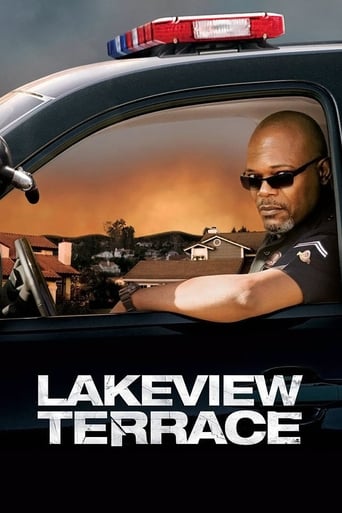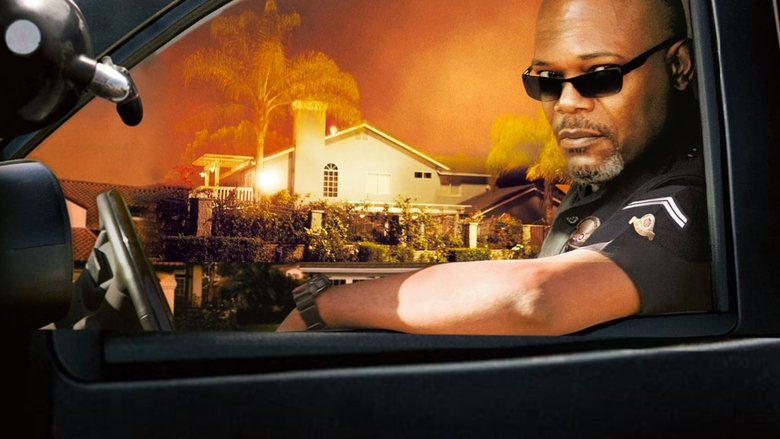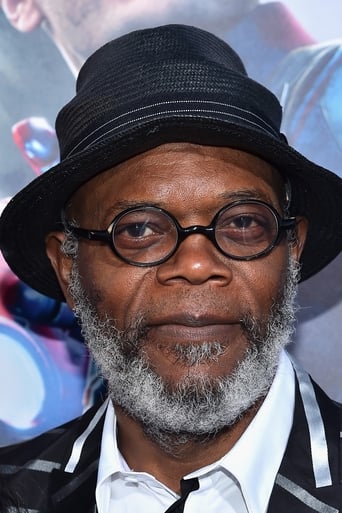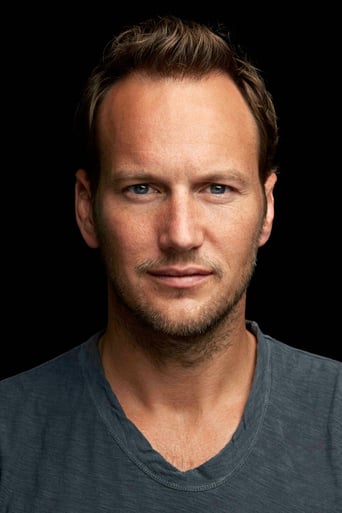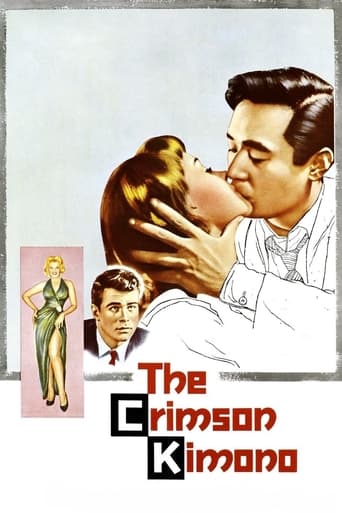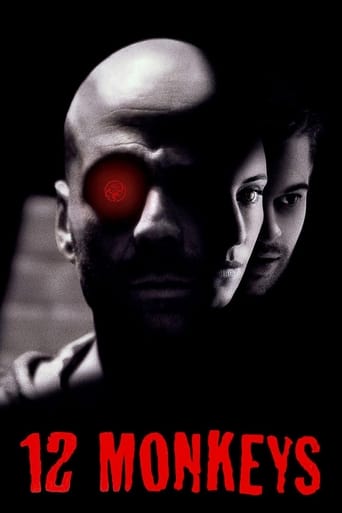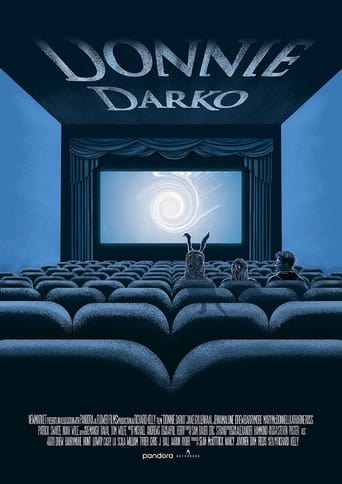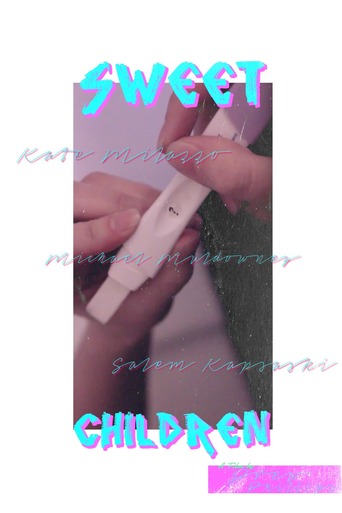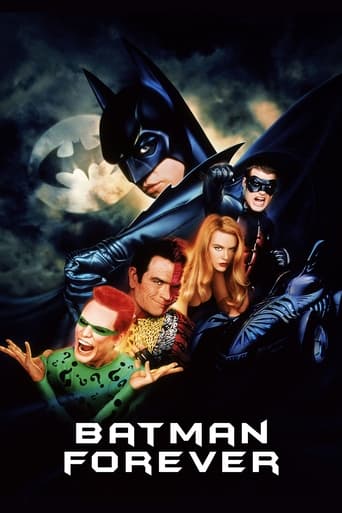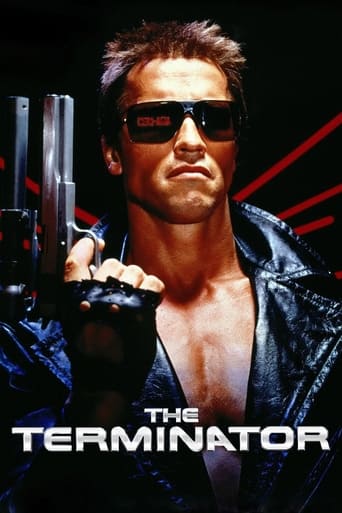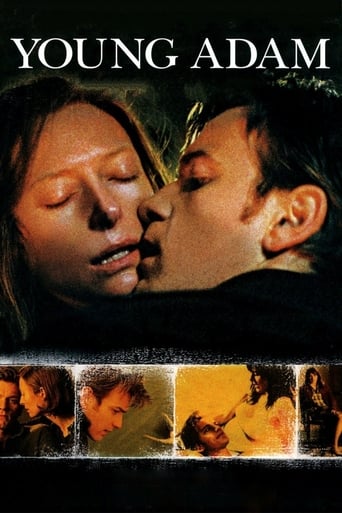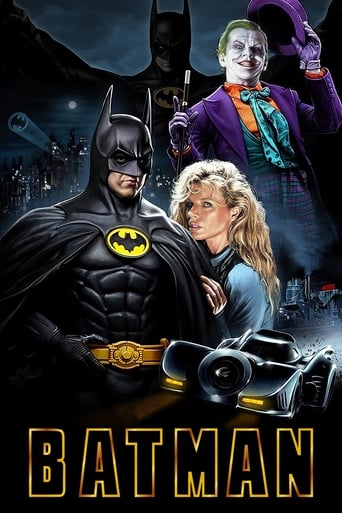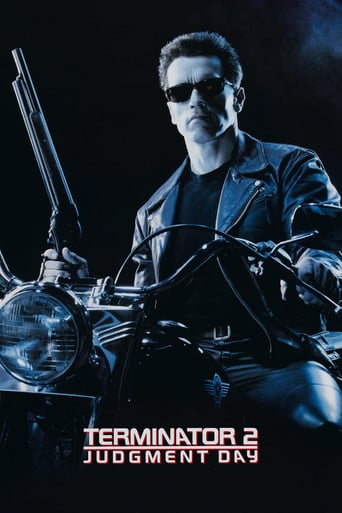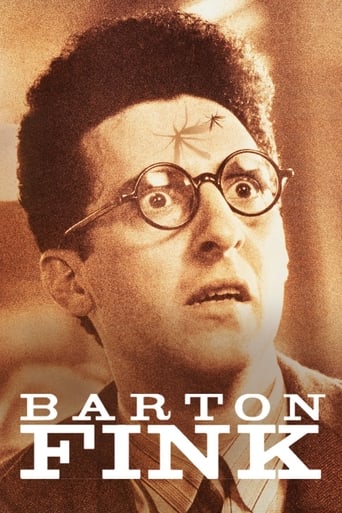Lakeview Terrace (2008)
A young interracial couple has just moved into their California dream home when they become the target of their next-door neighbor, who disapproves of their relationship. A tightly wound LAPD officer has appointed himself the watchdog of the neighborhood. His nightly foot patrols and overly watchful eyes bring comfort to some, but he becomes increasingly aggressive to the newlyweds. These persistent intrusions into their lives cause the couple to fight back.
Watch Trailer
Cast



Similar titles
Reviews
People are voting emotionally.
Overrated and overhyped
Absolutely the worst movie.
It's funny watching the elements come together in this complicated scam. On one hand, the set-up isn't quite as complex as it seems, but there's an easy sense of fun in every exchange.
With so many lengthy reviews already written, it's hard to add anything new. Like many, I thought this deserved more stars than the average number it has received. A.T's suspicions of his wife's infidelity with a white man makes the movie's story-line plausible. It's easy to understand his motivations, even as I wished the cinematography could be a little bit more sympathetic towards his story (to give the story more depth). While the film got us riled up against an "old man"/"conservative" who couldn't and wouldn't accept an interracial marriage, a closer viewing brings into perspective the class disparity between the two families on Lakeview Terrace. A.T doesn't have a pool, but the interracial couple does. It is also the backdrop of many turning points in the film. I watched this on HBOHD many years (almost 10 years) after it was released, and was struck by how little human nature has remained constant in comparison to the changes in technology (a flip phone). The psychology exhibited in this thriller is even more relevant today, and I feel it is what makes this a movie worth watching.
Lakeview Terrace (2008) does have some pretty solid acting performances from Samuel L. Jackson, Kerry Washington, and Patrick Wilson. They all really carry the film and do a great job doing so. The premise is very interesting and intriguing, which is what interested me in it in the 1st place. The tension between characters is great and very real seeming. There are times towards the middle part of the film where it can seem too slow, but it does speed up a good bit towards the end. The violence isn't over the top bloody or graphic, it's well done. The movie has thrilling/suspenseful scenes that will definitely rev up your adrenaline and elevates the movie. But if you ask me, the thing that carries this film, is the actor's performances all throughout it. Great job to the cast! Because to be honest, if the performances here weren't good, this would've gotten a much lower rating than a 7/10.
"Lakeview Terrance" is a bizarre film from director Neil Labute. The plot? An interracial couple – Chris and Lisa - enter an affluent suburb and move into a new house. Chris is a caricature of your typical limousine liberal. He's vanilla white, drives a Toyota Prius, is a wannabe environmentalist, went to UC Berkeley, listens to gangster rap and marries a black woman. Lisa's father, a successful black lawyer, despises Chris. Surely his daughter could do better. Lisa is confused; her husband's a saint.Unfortunately for the couple, Samuel motherf*****g Jackson lives next door. Jackson plays Abel, a bigoted cop and psycho authoritarian who detests Chris. He hates interracial couples, despises whites, culture mixing and white privilege. As such, Abel wages an increasingly violent war on his neighbours. This war has led to many declaring the film "offensive, post-racial nonsense". A film about an ultra conservative black man in a position of power and authority who bullies whites and uses his social position to victimise white men? Surely this is a mind-boggling contortion of contemporary racism? Surely it is precisely the opposite which is of priority in the real world? To make matters even more odd, Labute sets his film in Lakeview Terrace, the neighbourhood where Rodney King was beaten up by white cops, an incident which led to huge race riots. What the hell? Labute loves to taunt audiences, but his intentions with Jackson's character seem unclear. The name Abel, of course, refers to "humanity's first victim", the character out of the Bible who is betrayed by his brother and becomes the first murdered man. But are we supposed to view Jackson as a victim? Does the film support this? Or is his name one big joke? Regardless, Jackson is emblematic of a very specific post-racial stance. The idea that "benevolent racism" is okay, that everyone is equal and that the portrayal of a bigoted black man is itself a form of equality and not inherently a racial statement. This is the kind of society in which everyone has the right to everyone else's cultural goods and everyone should be proud that they're advanced enough to accept black people, not only as homeowners, cops and presidents, but racists as well.Late in the film Jackson injects into Chris a little liberal guilt. He tells Chris that he hates the fact that as a white man Chris can arrogantly have whatever or whomever he wants (including black women), without pause, without concern, without having to ask or worry how he might be received by the rest of the world. The issue of Chris having it all is then mirrored to Jackson literally getting to be the white guy. The problem is, he loses his wife and gets shot to death. Even as a white guy, black boy's whipped.The film isn't only about reverse racism, it's reversed all over the place. Consider its Mexican stand off climax which reverses typical action movie "hail of bullets" climaxes, or scenes elsewhere in which Jackson is reprimanded by superiors for "being too violent with a thug", when in actuality he was trying to help the kid out. Would a white cop have gotten away with this? Do Jackson's ravings and moral judgements throughout the film have a point at all? Should we be more sensitive and discerning as to what we co-opt? "Lakeview's" first hour is hilarious and features a nice battle between emasculated macho men, but the film then quickly turns into a routine domestic thriller. The film ignores the historical roots of Jackson's rage – this is a guy old enough to remember forced segregation – and instead opts to paint Jackson as a crazy guy who's fury seemingly stems from nowhere. Does the film further a trend of stigmatising certain people as madmen, thereby only further pushing them out by exclusion, or is it parodying a trend? Does Labute intend the picture to be a giant prank on the audience (which he's done before, so who knows?)? It's always very hard to get a reading on Labute. You're never quite sure if he's being dead-pan satirical or is genuinely an uber uptight Mormon.6.9/10 – Worth one viewing.
Abel Turner (Samuel L. Jackson) is a well-respected LAPD officer and the self-appointed watchdog for his upper class California neighborhood. His wife has died, he has two kids, Marcus (Jaishon Fisher) and Celia (Regine Nehy), whom he heavily protects and disciplines, but his cockiness and overpowering instincts runs far outside the lines of his family. It all starts when an interracial couple moves in next door. They are the white Chris and the black Lisa Mattson (Patrick Wilson and Kerry Washington), who are young, spry, and hoping to start a family in their first home.Instantaneously, right after their first interaction together, Chris notices that Abel is subtly hostile towards him, making mildly inappropriate, smarmy remarks about his smoking and his fondness of hip-hop music, and even keenly mentions how "black" he seems to act. Abel's disdain for his new neighbors grows when his kids notice both Chris and Lisa having sex in their swimming pool. This is where Abel begins what will become a long line of events in efforts to provoke and intimidate the couple, as well as make them question their decision to live in this neighborhood cul de sac.His first idea is to reposition his bright security lights to shine right in the Mattson's bedroom window. Another step is by being blunt and ostentatious at their housewarming party to not only them, but their guests and friends. As the abuse begins to increase, so does the couples' level of patience, tolerance, and willful kindness. In the meantime, there is an unmanageable wildfire that is slowly consuming much of the wilderness of the area and is slowly approaching this humble residential area.Samuel L. Jackson gives a brave, unsettling performance as Abel, a clearly unstable man and a selective racist. As the film goes on and his acts become increasingly devious and destructive, Jackson only amps up this role and takes it to new heights. He is an actor of two main screen presences, such as the wise-cracking, no-nonsense handyman (Pulp Fiction) and the nuanced, morally devout individual (Black Snake Moan). Here, he blends both of his iconic and recognizable characteristics together to create a character that is taut, provoking, and chilling in a plethora of sequences.He carries the film, along with the other performances that have more than enough room to maneuver and dodge the predictable clichés, such as Patrick Wilson and Kerry Washington. Wilson's Chris is pushed to actions far beyond the normal ones he usually takes, and this is what makes his performances one that works on multiple levels. Writers David Loughery and Howard Korder push their characters past the normal conventions they tend to operate on, and tests them with dilemmas that stem from another person's response to their relationship and life.But is Abel doing this because he a racist or because he likes to test others patience? Is this is a sick little game that's purpose is to act on more levels than one? The film asks questions and provides itself the ability to be looked at with several different lenses, almost assuring that every person who goes to see this film will see something different. Something like that is not often illustrated with mainstream films, but because of Lakeview Terrace's well-written screenplay, more development and leeway is given to the areas usually confined to one general view.This is immensely better, more creative, and more accomplished and enticing than Paul Haggis's Crash, the film that won Best Picture in 2004. Crash was a cookie-cutter film, attempting to establish one big anthology film that would "introduce us" to dense characters, pulling the race card and acting as a pot of water seconds away from over-boiling. Its characters were thin, underdeveloped stereotypes, its screenplay was heavy-handed and formulaic, and its ending was almost complete and tonal banal.Lakeview Terrace centers on a story that could've been added to Crash's line of thin story lines, but like few of the ones from that particular film, has the many levels of complexity and depth that could easily spawn a feature-length film in and of itself. The film progresses along with sharp dialog, character relations and interactions that are devilish and raw, notable suspense as well as stylish art direction, and it is all placed inside a pot where moral issues and questions surround the entire picture.Starring: Samuel L. Jackson, Patrick Wilson, Kerry Washington, Ron Glass, and Jay Hernandez. Directed by: Neil LaBute.

